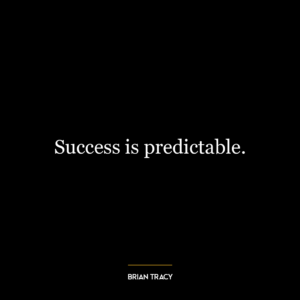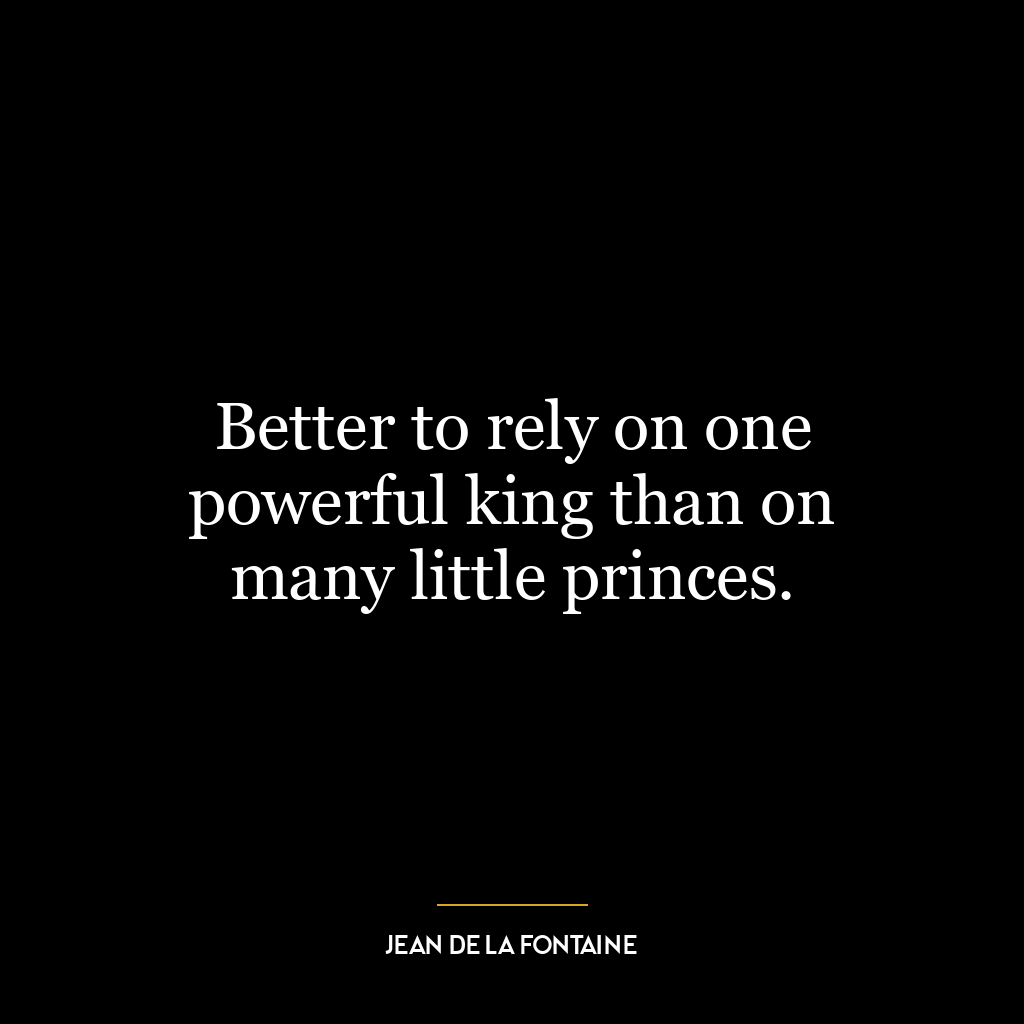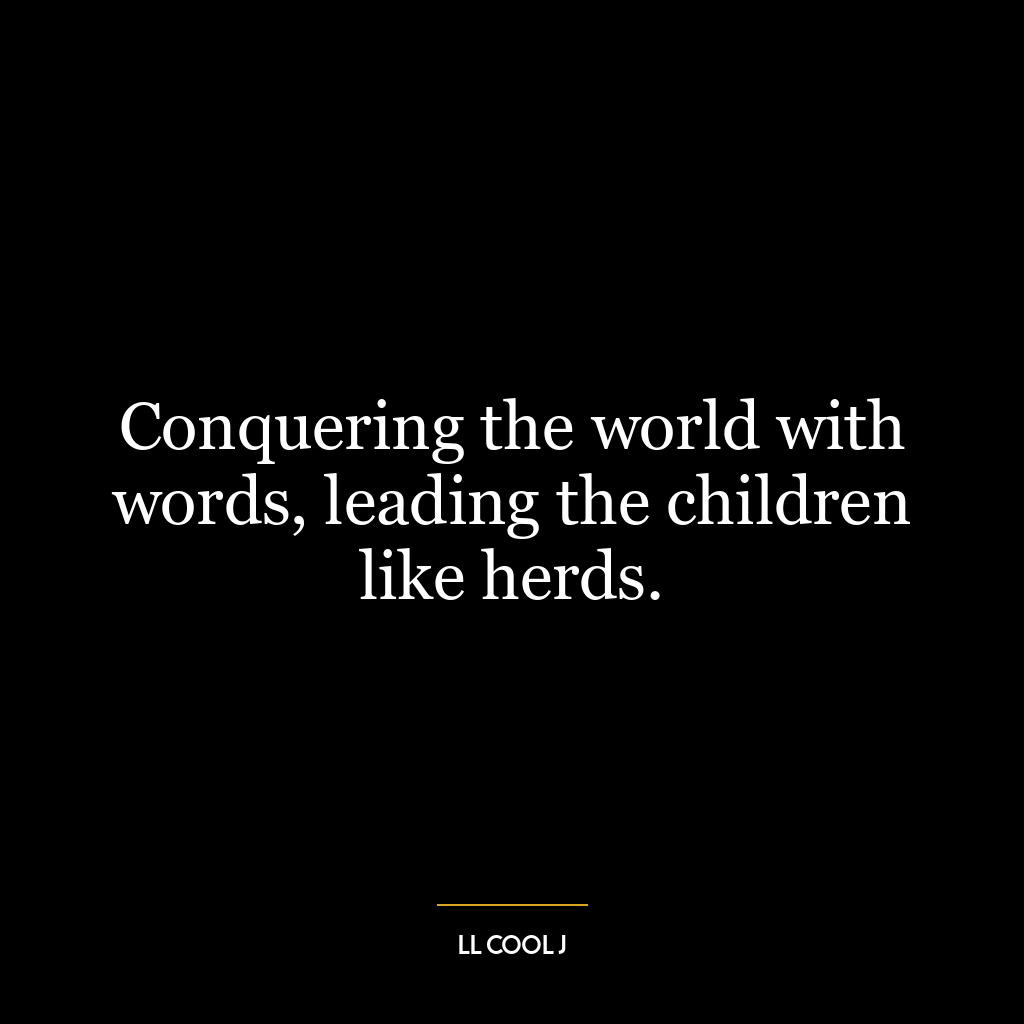Refuse to make excuses or blame others. The leader always says, If it’s to be, it’s up to me.
This quote emphasizes personal responsibility and self-determination. It suggests that a true leader does not shift blame or create excuses for failures or setbacks, but instead accepts responsibility and takes charge of the situation. The phrase “If it’s to be, it’s up to me” signifies the belief in one’s ability to shape their own destiny through their actions.
In today’s world, this idea is incredibly relevant as we navigate complex global challenges. Whether it’s climate change, social justice issues or economic inequality, the quote implies that each one of us has a part to play in creating solutions. Rather than waiting for others to act or blaming them for not doing so, we must take initiative ourselves.
In terms of personal development, this quote encourages us to take control of our lives and our future. It is easy to blame circumstances or other people when things do not go as planned. However, this mindset often leads to stagnation and lack of growth because it absolves us from taking action towards change.
By adopting the “If it’s to be, it’s up to me” attitude highlighted in Tracy’s quote, we become proactive rather than reactive – actively seeking out opportunities for growth and improvement rather than simply reacting when problems arise. This perspective can lead us towards greater resilience and adaptability since we are constantly learning from our experiences instead of being paralyzed by them.
Moreover, by refusing excuses or shifting blame onto others when faced with adversity or failure – another key aspect mentioned in Tracy’s words – we practice accountability which is an integral part of leadership whether at work place or in personal life situations.
So essentially what Brian Tracy is advocating here is a shift from external locus of control (wherein individuals believe their lives are controlled by outside factors they can’t influence) towards an internal locus (believing they have control over their lives). This shift can significantly impact both individual behaviour & societal dynamics positively leading towards more responsible & empowered communities.








